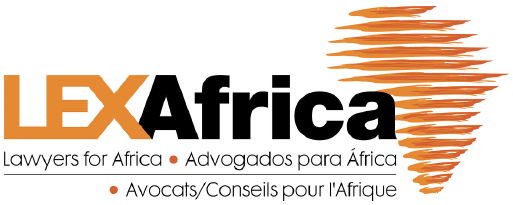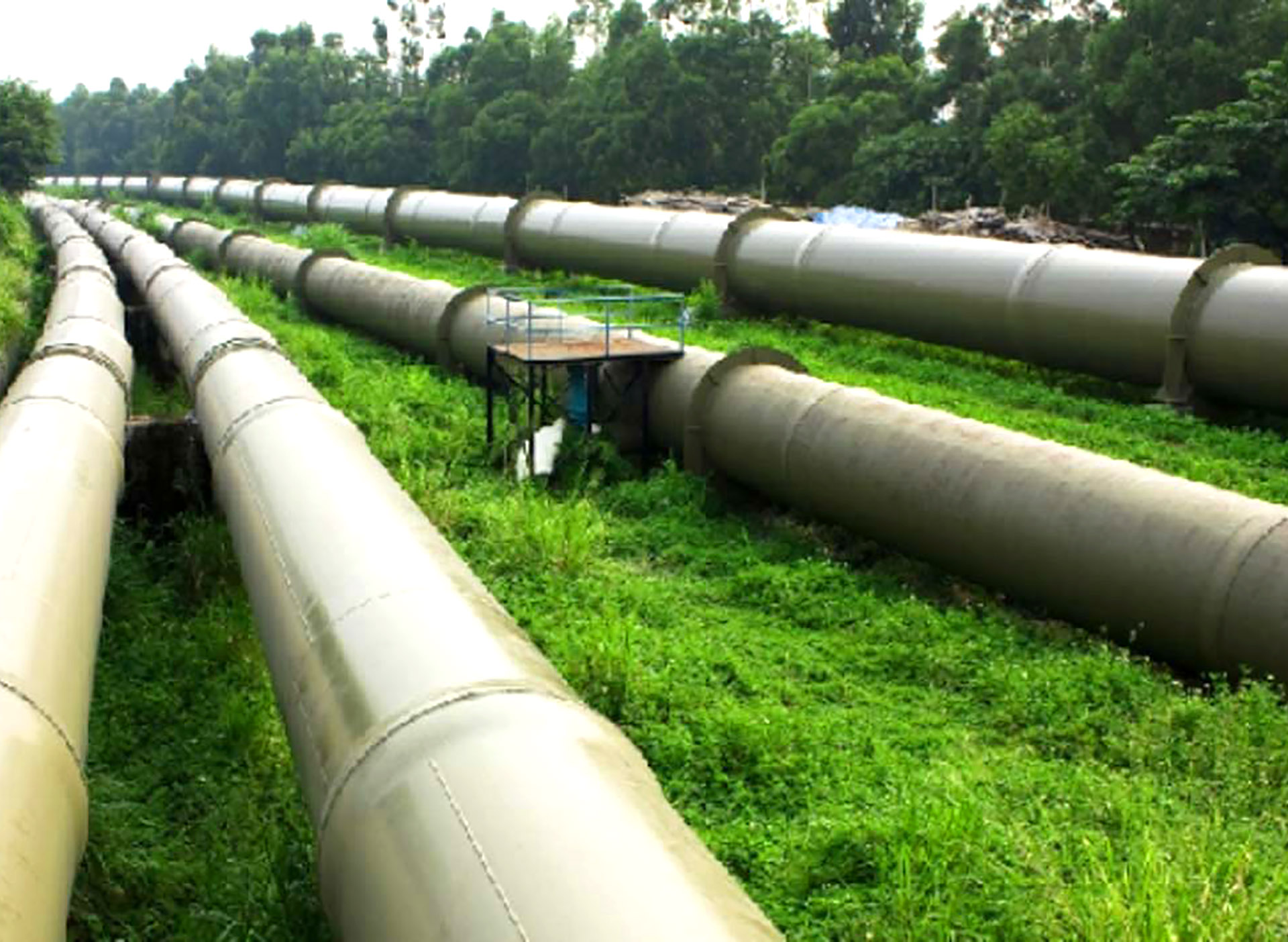 By George Gapus, Scanlen & Holderness Legal Practitioners
By George Gapus, Scanlen & Holderness Legal Practitioners
On February 7, 2020 the Zimbabwe Government gazetted the long-awaited Zimbabwe Investment and Development Agency Act (Chapter 14;37). The new law comes in against the backdrop of promoting the ease of doing business in the country. Zimbabwe currently ranks 140 on the World Bank ease of doing business index and it is hoped that the new law will remove some of the red tape and bottlenecks impeding investment in the country. The major objectives of the law are to promote and facilitate investment in the country.
The law establishes a One Stop Investment Services Centre (OSISC). This will be presided over by the Zimbabwe Investment and Development Agency (ZIDA) whose functions include investment promotion and coordination, assisting investors and facilitating entry and implementation of investment projects.
The OSISC will have desks for all the relevant government departments dealing with investment.
The law provides for non-discrimination between foreign and domestic investors save for reserved areas. Similarly, foreign investors from different countries shall be accorded equal treatment save for resolution of investment disputes provided for in international investment treaties and trade agreements.
Section 16 of the Act provides for fair and equitable treatment of investors. No investor shall be denied justice in criminal, civil or administrative proceedings in the country. Every investor shall be entitled to protection against breaches of “fundamental due process” which includes substantial procedural delays, breaches of transparency, substantive changes to conditions and terms of licences, manifest arbitrariness, targeted discrimination on manifestly wrongful grounds and abusive treatment of investors.
Section 17 of the Act provides guarantees against expropriation of investments. Investors will be pleased to note that the law protects against nationalisation and direct and indirect expropriation of investments. It also provides that no investor shall be compelled to “cede” an investment to any person, “except for a public purpose, in accordance with due process of law, in a non-discriminatory manner and on payment of prompt, adequate and effective compensation”. In the event of expropriation, the compensation shall be equivalent to fair market value. These guarantees are significant in Zimbabwe given the compulsory land nationalisation programme with no compensation for the land value at the turn of the century and the indigenisation programme started in 2007 which affected all sectors of the economy until the programme was substantially watered down in 2017.
In a move that will encourage investors, the new law provides for the rights of investors to freely transfer funds without restriction or delay in a freely convertible currency into and out of Zimbabwe with respect to the following:
- contributions to capital;
- proceeds, profits from the asset, dividends, royalties, patent fees, licence fees, technical assistance and management fees, shares and other current income resulting from investment under this Act;
- proceeds from the sale or liquidation of any investment;
- payments made under a contract entered into by the investor including payment pursuant to a loan agreement;
- payments resulting for the settlement of investment disputes; and
- earnings of foreign personnel legally employed in Zimbabwe.
An investor is free but not required to apply to the Agency for an investment licence for an existing or planned investment. It is mandatory for investors in special economic zones to apply for investment licences. A holder of an investment licence is entitled to priority treatment by government officers when applying for any permit, licence concession or other authorisation. Investment licences are not transferrable except with the prior approval of the Agency.
The Act provides for the establishment of special economic zones which shall be published in the Government Gazette. It also stipulates the considerations to be taken into account by the Agency when considering applications for investment licences in these zones.
The Act repeals and consolidates the following investment regulatory statutes;
- the Zimbabwe Investment Authority Act (Chapter 14;30);
- the Special Economic Zones Act (Chapter 14;34); and
- the Joint Ventures Act (Chapter 22;22).
The Joint Ventures Unit established under the Joint Ventures Act has been transferred to the Agency and renamed the Public Private Partnership Unit of the Agency. The Act regulates the manner in which Public Private Partnerships are entered into.
In accordance with the government mantra that “Zimbabwe is open for business”, Zimbabwe has shown serious political will to implement the reforms in the investment sphere. The infrastructure for the establishment of the One Stop Investment Services Centre is already in place at the ZIDA offices at ZB Life Towers in central Harare. One hopes that the Agency will demonstrate the efficiency and effectiveness envisaged in the Act when implementing the new law.
____________________________
LEX Africa is an alliance of law firms formed in 1993 and with over 600 lawyers in 26 African countries. www.lexafrica.com.
____________________________

W: www.lexafrica.com
E: gapug@scanlen.co.zw
T: (263) 4 702 561-9

























